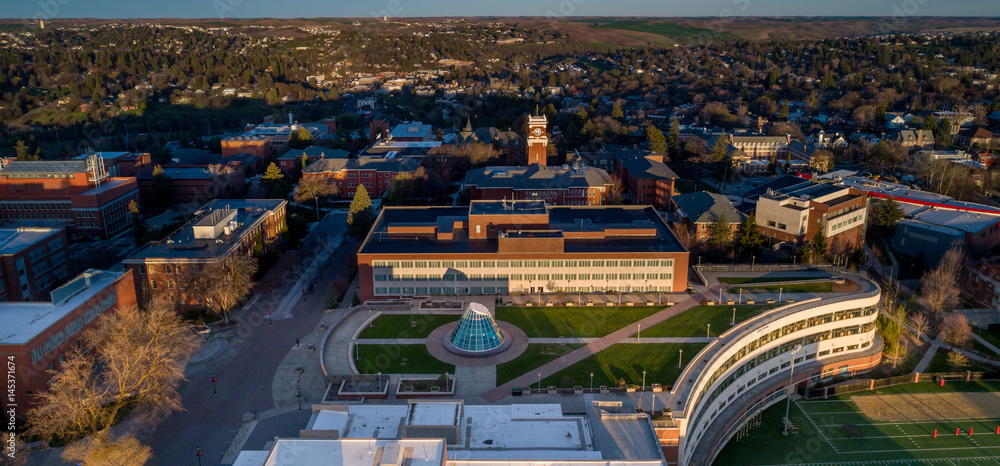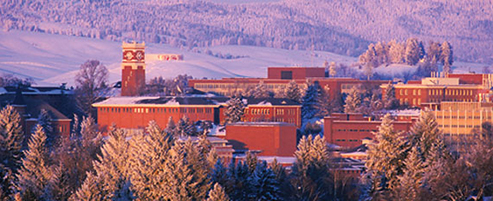Washington State University: A Comprehensive Exploration Of Its Campus And Resources
Washington State University: A Comprehensive Exploration of its Campus and Resources
Related Articles: Washington State University: A Comprehensive Exploration of its Campus and Resources
Introduction
In this auspicious occasion, we are delighted to delve into the intriguing topic related to Washington State University: A Comprehensive Exploration of its Campus and Resources. Let’s weave interesting information and offer fresh perspectives to the readers.
Table of Content
Washington State University: A Comprehensive Exploration of its Campus and Resources
Washington State University (WSU), established in 1890, is a public research university with a rich history and a vibrant present. Situated in Pullman, Washington, WSU boasts a sprawling campus encompassing diverse academic departments, research facilities, and student life amenities. This article delves into the intricate layout of WSU’s Pullman campus, highlighting its key features and resources, while underscoring the institution’s commitment to academic excellence, research innovation, and student well-being.
A Campus Map: Navigating the Heart of WSU
The WSU Pullman campus, a testament to the university’s growth and expansion, is spread across over 2,000 acres. A comprehensive understanding of the campus map is essential for students, faculty, and visitors alike.
Core Academic Hubs:
- The Glenn Terrell Mall: This central thoroughfare forms the heart of the campus, connecting major academic buildings and student services.
- The College of Arts and Sciences: Located on the mall, this college houses a diverse array of humanities, social sciences, and natural sciences departments.
- The Murrow College of Communication: Situated near the mall, this college offers programs in journalism, communication, and digital media.
- The College of Engineering and Architecture: This college, known for its innovative research and cutting-edge facilities, is located on the eastern side of campus.
- The College of Agriculture, Human Sciences, and Natural Resources: This college, known for its agricultural research and extension programs, is located on the western side of campus.
Student Life and Amenities:
- The CUB (Compton Union Building): This multi-purpose building serves as the central hub for student life, offering dining options, student organizations, and event spaces.
- The Beasley Coliseum: This iconic arena hosts WSU athletic events, concerts, and other large gatherings.
- The Holland Library: This extensive library provides access to a vast collection of books, journals, and digital resources.
- The WSU Recreation Center: This facility offers a wide range of fitness and recreational activities for students.
- The Pullman campus also features numerous residence halls, dining facilities, and athletic fields, contributing to a vibrant and engaging student experience.
Beyond the Pullman Campus: A Network of Knowledge
WSU’s presence extends beyond Pullman, with regional campuses in Vancouver, Spokane, and Tri-Cities. These locations provide access to specialized programs and resources, catering to the diverse needs of the surrounding communities.
- WSU Vancouver: Located in the heart of Clark County, this campus offers a range of undergraduate and graduate programs, focusing on areas like business, engineering, and health sciences.
- WSU Spokane: Situated in the city’s medical district, this campus is known for its health sciences programs, including nursing, pharmacy, and medical laboratory science.
- WSU Tri-Cities: Located in Richland, this campus offers a variety of programs in areas like engineering, business, and education, with a strong focus on STEM fields.
Research and Innovation: Driving WSU’s Impact
WSU is a leading research institution, driving innovation in various fields. The university’s commitment to research is evident in its state-of-the-art facilities, dedicated faculty, and numerous research centers.
- The Voiland College of Engineering and Architecture: This college is home to cutting-edge research in areas like sustainable energy, advanced materials, and robotics.
- The College of Agriculture, Human Sciences, and Natural Resources: This college conducts groundbreaking research in agriculture, food science, and environmental sustainability.
- The Elson S. Floyd College of Medicine: This college, established in 2016, focuses on research in areas like cancer, infectious diseases, and mental health.
- The WSU Research Foundation: This organization supports and facilitates research activities across the university, fostering collaborations and partnerships.
A Community of Learning: Fostering Student Success
WSU is deeply committed to student success, offering a supportive and enriching learning environment.
- Academic Advising: The university provides comprehensive academic advising services, helping students navigate their academic journey and make informed decisions.
- Career Services: WSU offers a range of career development resources, including career counseling, job search assistance, and internship opportunities.
- Student Organizations: The university boasts a vibrant student life, with over 500 student organizations catering to diverse interests and passions.
- The Office of Student Life: This office provides support and resources to students, addressing their academic, personal, and social needs.
Frequently Asked Questions (FAQs)
Q: What is the student-to-faculty ratio at WSU?
A: The student-to-faculty ratio at WSU is approximately 18:1, providing students with personalized attention and opportunities for close interaction with faculty.
Q: What are the average SAT/ACT scores for admitted students?
A: The average SAT score for admitted students is around 1150-1250, while the average ACT score is around 23-25.
Q: What are the housing options available for students?
A: WSU offers a variety of housing options for students, including traditional residence halls, apartments, and off-campus housing.
Q: What are the admission requirements for WSU?
A: Admission requirements vary depending on the program of study. Generally, applicants must submit high school transcripts, standardized test scores (SAT/ACT), and a personal essay.
Q: What are the tuition and fees for WSU?
A: Tuition and fees vary depending on residency status, program of study, and other factors.
Tips for Prospective Students
- Visit the campus: Experiencing the campus firsthand can provide valuable insights into the university’s atmosphere and resources.
- Attend campus events: Participate in campus events, such as open houses and student activities, to gain a deeper understanding of WSU’s culture.
- Connect with current students: Reach out to current students to learn about their experiences and perspectives on WSU.
- Explore research opportunities: Research the university’s research strengths and identify potential areas of interest for your studies.
- Apply early: Applying early can increase your chances of admission and secure financial aid.
Conclusion
Washington State University stands as a beacon of academic excellence, research innovation, and student well-being. Its expansive campus, diverse academic programs, and commitment to student success make it a highly sought-after institution. Whether you are a prospective student, a faculty member, or a visitor, understanding the intricacies of WSU’s campus map and its rich array of resources will enhance your experience and contribute to your overall success.








Closure
Thus, we hope this article has provided valuable insights into Washington State University: A Comprehensive Exploration of its Campus and Resources. We hope you find this article informative and beneficial. See you in our next article!